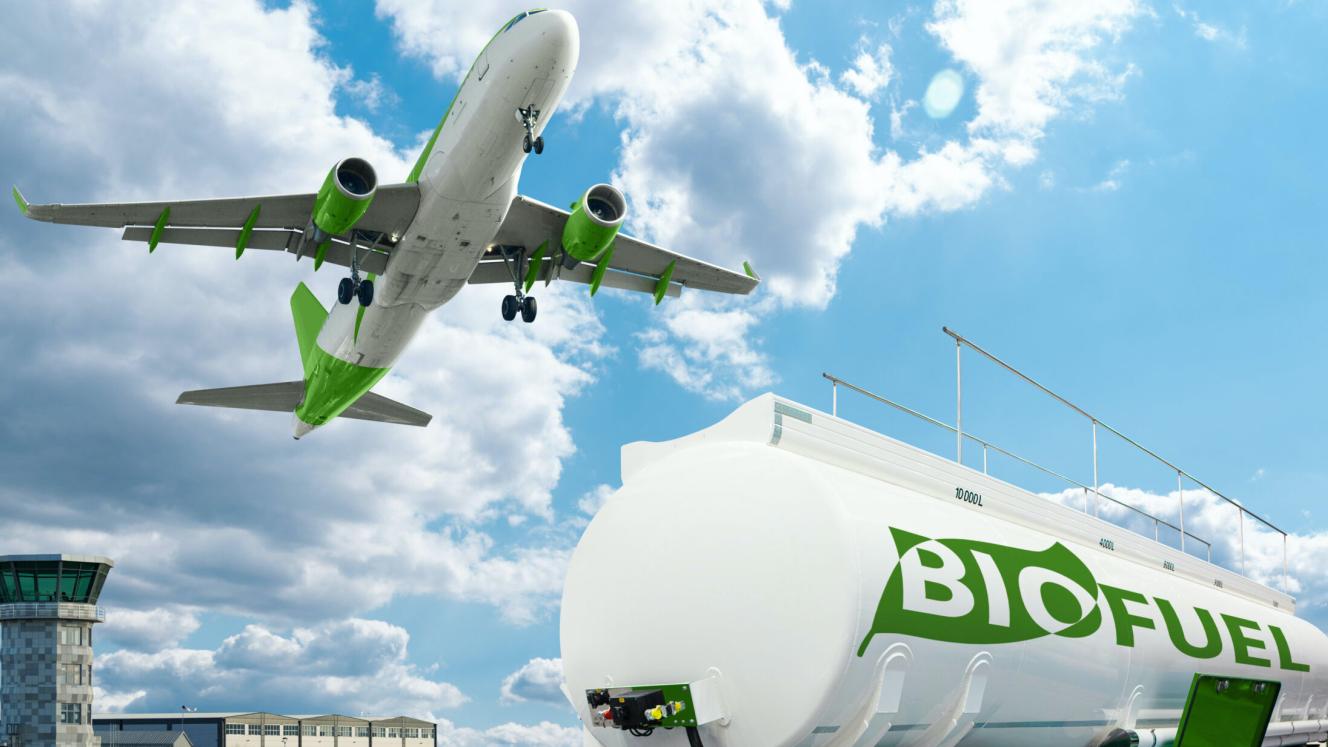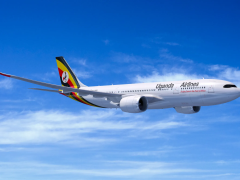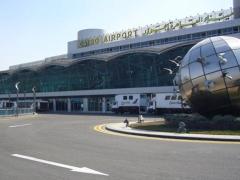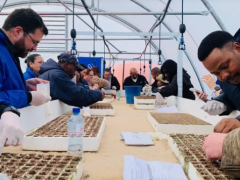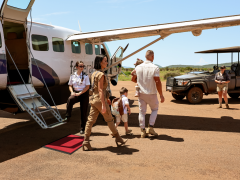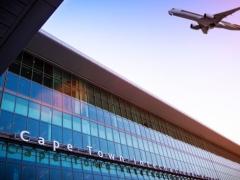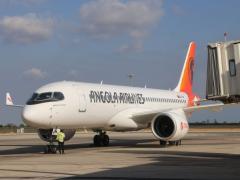Iata has sent out a new round of updates on the aviation industry’s efforts to combat climate change as the industry strives for its Fly Nett Zero goal by 2050.
Some of the latest developments in aviation’s race are:
- In South Africa, Sasol and Topsoe, a global leader in carbon emission reduction technologies, have signed an MoU with the intention of establishing a 50/50 partnership this year to produce SAF.
- In Europe, a consortium led by Honeywell will launch a European Clean Aviation project that will develop a new generation of hydrogen fuel cells for the aviation industry. Project NEWBORN will develop an aerospace-qualified fuel cell propulsion system powered by hydrogen.
- ZeroAvia and Birmingham Airport (BHX) have entered a long-term partnership to make hydrogen refuelling and regular domestic passenger flights of zero-emission aircraft a reality in the coming years.
- The Lufthansa Group and the energy company VARO have signed an MoU on the production and supply of SAF, where VARO could supply the Lufthansa Group with large volumes of SAF from as early as 2026.
- In the US, United Airlines has teamed up with Tallgrass and Green Plains to announce a JV, Blue Blade Energy, to develop and then commercialise an SAF technology that uses ethanol. United Airlines has also created an investment programme to support start-up businesses focused on SAF. The United Airlines Ventures Sustainable Flight Fund is designed to help accelerate research, production and technologies linked to SAF.
- Also in the US, Bell Textron has completed its first helicopter flight fuelled solely by 100% SAF.
- In New Zealand, the Hydrogen Consortium has been established by Airbus, Air New Zealand, Christchurch Airport, Fortescue Future Industries, Hiringa Energy, and Fabrum.
- Air New Zealand is currently on a mission to replace its Q300 domestic fleet with a more sustainable option from 2030. Universal Hydrogen, Embraer, and Heart Aerospace have joined Airbus and ATR as long-term partners in this endeavour.
- In Japan, Nippon Paper Industries and the Green Earth Institute announced that they will be looking into producing wood-based cellulosic bioethanol for Sustainable Aviation Fuel (SAF) by 2027. Honda expects to start producing SAF as well, and will expand its algae-cultivating business at plants in Japan and overseas, with an eye on production of SAF by around 2030.
